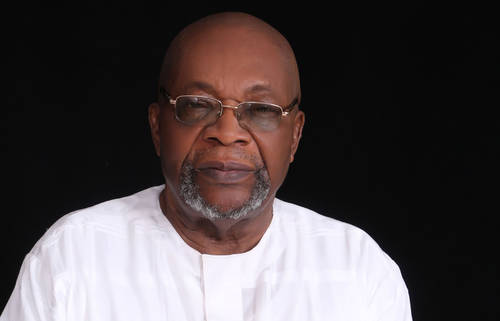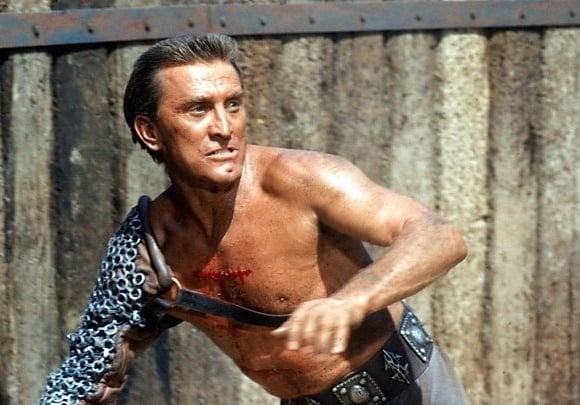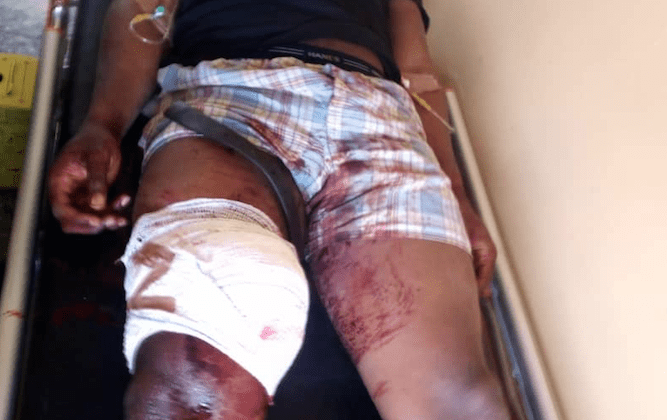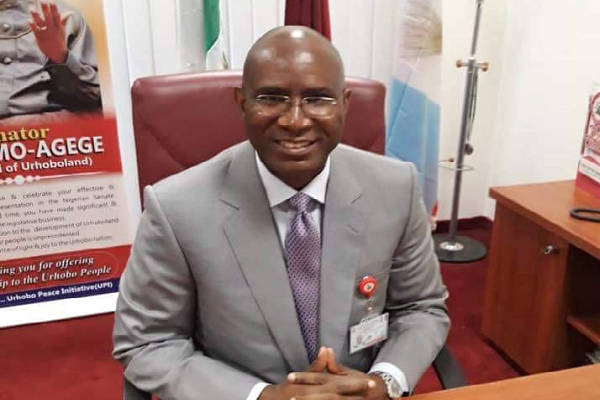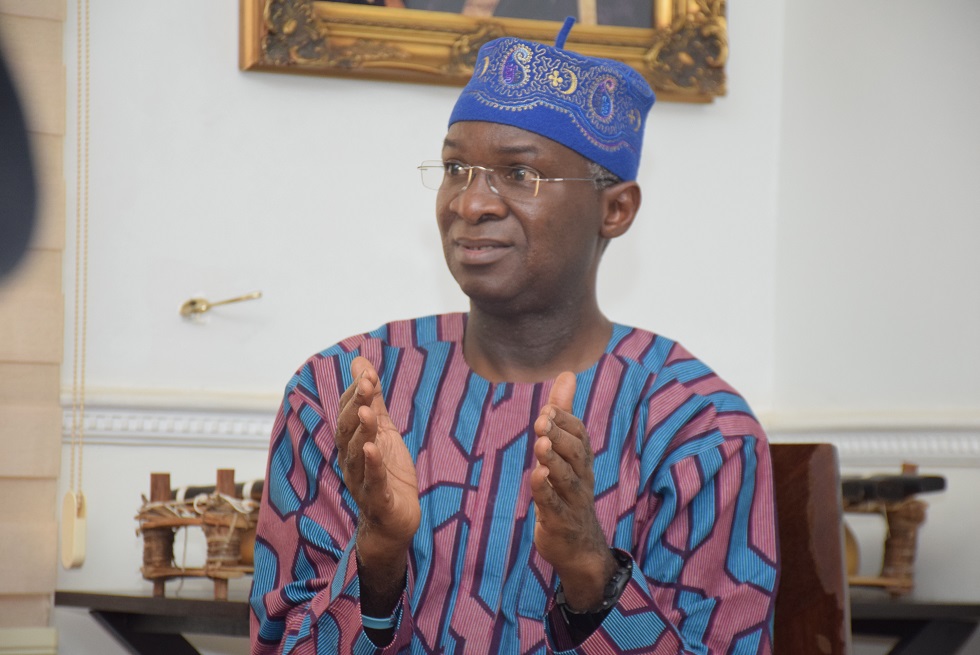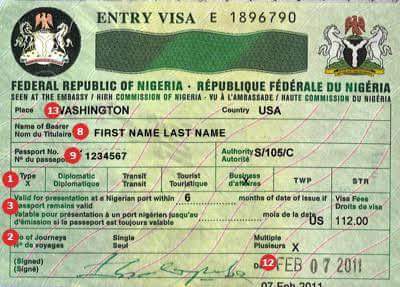BY UDENTA UDENTA
On Saturday, February 1, 2020, Arthur Agwuncha Nwankwo, founder of the Fourth Dimension Publishing Company Ltd, chancellor of Eastern Mandate Union (EMU), deputy chairman of National Democratic Coalition (NADECO), founder and leader of People’s Mandate Party (PMP), pro-democracy and human rights activist, quintessential pan-Africanist publisher and educationist, author, historian, political scientist, radical scholar and neo-Marxist theoretician translated into immortality. And for those of us whose ideas he shaped, whose thoughts he crystallized, whose lives he moulded, whose destiny he nurtured, and who saw him from the prism of a mentor, a guide and a teacher, what epistemic resource can we call upon to celebrate such a subject whose birth was posthumous in nature and essence? What cognitive or apprehensible schema can unfold a life so diverse and complex, a mind so fecund and capacious, and a social practice so profound and coherent?
I will but try in this modest tribute.
Arthur Nwankwo’s forceful emergence on the Nigerian public scene was signaled with the publication of his ground-breaking polemic on the Nigerian and Biafran war titled Nigeria: The Challenge of Biafra. Together with Biafra: The Making of a Nation, Nigeria: My People Suffer and other seminal material on the Igbo question in the Nigerian state, he constructed a coherent thesis of a people caught between the haunting dialectics of identity-formation and social becoming in a plural nation-state, and problematized the strategic framework with which they must negotiate and balance the complexities of structural and institutional disequilibria in an unfair and unjust social formation that has turned his people into decentred historical objects. Yet, his pan-Nigeria identity and ideals were near-peerless; unsurpassable too were his urgings for a new national patriotic ethos founded on egalitarian principles for the Self and the Other.
Advertisement
With the establishment of Fourth Dimension Publishing Company Ltd in 1976 — which in itself grew out of the Nwankwo-Ifejika and Nwamife publishing enterprises — he re-defined publishing as an art of cultural hermeneutics and the reproduction of knowledge in the Nigerian context; shattered the myth of African strategic, technical, and intellectual incapacity in initiating and sustaining a publishing outlet with global best practices and reach, especially given the spatialization of humanistic referents under late, postmodern capitalism; re-drew the Nigerian publishing geographic and ethno-strategic space and constructed an interventionist paradigm of knowledge reproducibility that produced a generation of scholars.
Arthur Nwankwo gave us the concept of cimilicy — a grand thesis or metanarrative on Nigerian democratic possibility whose dialectical organism stems from militarizing civilians and civilianizing the military. In formulating extensive and expansive master discourses on the place and role of the military in Nigeria’s democratization process, he radically demythologized such concepts as “retreat of power”, “negotiated withdrawal and leisurely withdrawal from power” and “intra-elite contradictions and the game of revolving doors,” the problematic of which still haunts a nation already embarrassed by the conceptual and paradigmatic deficiencies of the 1999 political transitional pyrotechnics.
With the birth of the Eastern Mandate Union (EMU) in 1994, and Arthur Nwankwo’s selection as its chancellor – a position that made him the movement’s ideological guide and moral conscience – the eastern flank of the pro-democracy agitation was significantly radicalized with the cooptation of the question of the marginalization of the east (an idea it popularized and fore- grounded on the national discourse space) to the restoration of the presidential mandate of the late Chief M.K.O. Abiola as a perquisite of national cohesion, stability and sustainable development.
Advertisement
Arthur Nwankwo was an example of an individual who deliberately elected to commit class suicide, who had all the opportunities to expand his wealth and build the typical Nigerian financial empire, but who cast his lot with the people by first theorizing about their imbecilized condition in a series of neo-Marxist scholarly works, as all organic intellectuals should in the Gramscian sense of the term, and ended up privileging a vibrant participation in their democratic practice. Arthur Nwankwo suffered a series of detentions, intimidations, harassment and ruin of his businesses between 1990 and 1998 because of his involvement in the pro-democracy struggle against regime tyranny and obscurantist power posturing. He invested his personal fortune in the struggle and literally turned his private residence — already a more than contingent national centre of intellectual illumination, inter-subjective communicative rationality and spirited social dialogic – into a sanctuary for the oppressed and the hunted.
This tribute brings me to that rare quality which the chancellor possessed in exaggerated proportions – COURAGE – and, in saying this, I want to recount three instances that remarkably demonstrated this. On May 24, 1994, the Eastern Mandate Union (EMU),during its special confabulation, issued a June 30, 1994, proclamation to Gen. Sani Abacha to quit office after putting in place a Government of National Unity (GNU)which Chief M. K.O. Abiola would lead. It also incarnated the first version of People’s Mandate Party (PMP),with the full compliment of registration cards, musically scored party song and anthem, emblem and slogan. Thereafter, on May 26, 1994, Arthur Nwankwo and I received a tip-off that a detachment of State Security Service and Nigeria Police personnel would literally “invade” the house and effect our arrest. The chancellor calmly asked me to prepare myself physically, intellectually and psychologically for the ordeal, as he had already done so himself. When, eventually, an over 30-man security squad stormed the house, they met us sitting calmly in the upper floor sitting-room. The chancellor collected his prescription drugs and food supplement bag, stood up and calmly told the leader of the invading army,“Let’s go”. The officer was clearly baffled and visibly taken aback. He immediately collected his wits together, saluted him, and off we marched to our first detention.
Again, a few weeks to the Commonwealth Ministerial Action Group (CMAG) meeting on Nigeria which held at Edinburgh, Scotland, about July 1997, the EMU received an invitation from NADECO to partner with it and adopt a common position at the conference.Upon the receipt of what could possibly be classified as an explosive invitation – a singular act that would further cement EMU’s standing as a leading national pro-democracy platform — Arthur Nwankwo embarked upon wide-ranging consultations among Igbo political leaders on what his reaction to the invitation was to be. Without exception, all those he consulted counseled him to decline the offer to participate. They were alarmed about the over-exposure and its likely negative consequences without a thought for the national subalterns who desperately needed an agency for the re-mobilization of their humanity.
Arthur Nwankwo was able to locate this Igbo elite mindset as a derivative of extant historicized nuances of negational politics that was founded on a romantic self-redemptive idiom: a bitter, internecine, and increasingly bloody competition between two triumphalist ethno-strategic enclaves that instrumentalized their corporate decentering, and a contest they wished would result in their mutual annihilation. He however saw through this limited, and somewhat irrational, historical logic through an ideological deconstruction of its inherent subjective spirit, and rather settled for a materialist mode of reasoning and intervention that would not only recuperate his people’s emancipatory instincts and possibilities but those of the Other as well.
Advertisement
The pressure was so fierce that I was elected to reply on his behalf to the late Senator Abraham Adesanya (who signed the letter of invitation) and politely declined it. I was already seated in the study of The Chancery struggling on how to proceed when the chancellor stormed in and commanded me to change the letter to one of robust, unequivocal acceptance, declaring thus: “At times like these, men and women of courage must stand up to be counted. In the absence of heroism, our people are lost forever. We must attend that meeting.” In spite of all the threats to his person, he led the EMU delegation to the conference, and thereafter embarked upon a blistering international campaign against military despotism in the USA and several European countries.
The internationalization of EMU’s pro-democracy agitation, particularly in the USA, resulted in a deeper, more entrenched and strategic penetration of the American governmental space and civil society sphere by the Nigerian diaspora and exile community and its self-constructed platforms. Inevitably, this decisive thrust that widened the pan-Nigerian character of the democratic struggle beyond its putative regionalist presencing (a de-legitimating weapon in the hands of the Nigerian praetorian junta) led to the establishment of EMU-ABROAD. Built around the highly focused Nigerian Democratic Awareness Committee (NDAC), it had as its chairman Prof Eddy Oparaoji and such other staunch pro-democracy activists as Dr Innocent Chima, the now late Lawrence Onyekwere, Tochukwu Ezukanma, Vincent Erondu, Nwakuba, Ugo Harris, and several others.
Shortly after the CMAG conference, the entire South-West leadership made up of Sen. Adesanya, Chief Bola Ige, Chief Solanke Onasanya, Chief Ayo Adebanjo, Chief Olanihun Ajayi, Sen Kofo Akerele-Bucknor, Chief (Mrs) Ayoka Lawani, Sen. Femi Okorunmu and several others took a night bus to The Chancery of the EMU for a strategic meeting with its leadership. The highlight of the meeting was the re-construction of NADECO’s leadership as follows:Anthony Enahoro (chairman),Sen. Abraham Adesanya (chairman-Nigeria), Dr Arthur Nwankwo (deputy chairman), Air Commodore Dan Suleman(vice chairman), and Chief Ayo Opadokun (secretary). The chancellor brushed aside the fear and anxiety of the EMU leadership present about his selection and announced his acceptance of not only the offer but also the urgency of the EMU’s institutional purchase into and full application of its intellectual, ideological and strategic resources towards the successful prosecution of the pro-democracy struggle.
Throughout all the periods of our detention at various points between 1994 and 1998, particularly in May 1998 when over 70 military, police and SSS personnel came to arrest just seven or so pro-democracy activists with over 20 vehicles, the chancellor and I inclusive, his spirit was always buoyant, his wit as sharp and caustic as ever. He never lost hope that potent ideas in the margin would one day become immanent national categories, that the struggle will triumph over inhuman odds, or that the oppressed and the dehumanized, the bestialized and the traumatized, would inherit a new Nigeria.
Advertisement
However, in the last years of his life, the chancellor’s incurably optimistic spirit about the enormous Nigerian possibilities had flagged, given the present reign of perfumed unreason, insolent simulacrum and fickle-minded idiocy that fester in the land, barely able to deodorize the putrescent spectacle that the contemporary Nigerian condition has become. This is a spectacle that is haunted by the sheer kleptomania of the buccaneering ruling elite; the weakening of the nation’s historicist consciousness and bonds of fraternal inter-group solidarity; and the inexorable national drift into political, economic, social, cultural and spiritual perdition and irredeemable angst; in short, into a state of non-being.
I can only conclude this very modest tribute by quoting from my thoughts about him with specific regard to the formulation of the Fourth Dimension Pedagogy of African Liberation in the first of a three-volume study titled Democratic Transformation and Social Change in Nigeria: From Intellectual Conscience to Praxis:
Arthur Nwankwo evolved the Theory of the Fourth Dimension as a Materialist-Spiritual Category, and located African liberation within its pedagogical context. He took from geometry, and by extension, the study of matter and its properties, the dimensional theory of reality. He understood that geometrically speaking, and this has found resonance in algebra, mechanics and physics, a line has one dimension, a surface two dimensions of length and breadth, and a solid three dimensions of length, breadth and thickness. By extension, he projected that the Fourth Dimension occupies an inscrutable realm, the realm of knowledge that cannot be captured by these geometric categoric specifications.The Fourth Dimension Pedagogical Theory of African Liberation then implies the harnessing of the pristine spiritual essence of African cosmology in a process that weighs heavily in favour of historicity and dialectics; de-romanticizing those spiritual ingredients on the weight of stupendous historical evidence, omissions, setbacks and tragedies; and incarnating a new idiom of African historical re-emergence as a combination of both the material (3 dimensions) and spiritual (1 dimension) of African cosmogony. This Liberationist theorizing was eventually celebrated by him in the appendices to his The African
Advertisement
Possibility in global power struggle.
Adieu Ikeogu, Papa Nnukwu!
Advertisement
Note: A slightly different version of this piece was originally published on Thursday, August 16, 2012, on the back pages of The Sun, ThisDay, Daily Trust, Leadership and National Accord newspapers in commemoration of his 70th birthday. I am still devastated by his death and have been struggling to find the words that can best celebrate his translation into immortality. Until I do, I have settled for this slightly modified version of the original text as my tribute to a teacher, a mentor and a guide.
Professor Udenta sent in this piece from Lagos.
Advertisement
